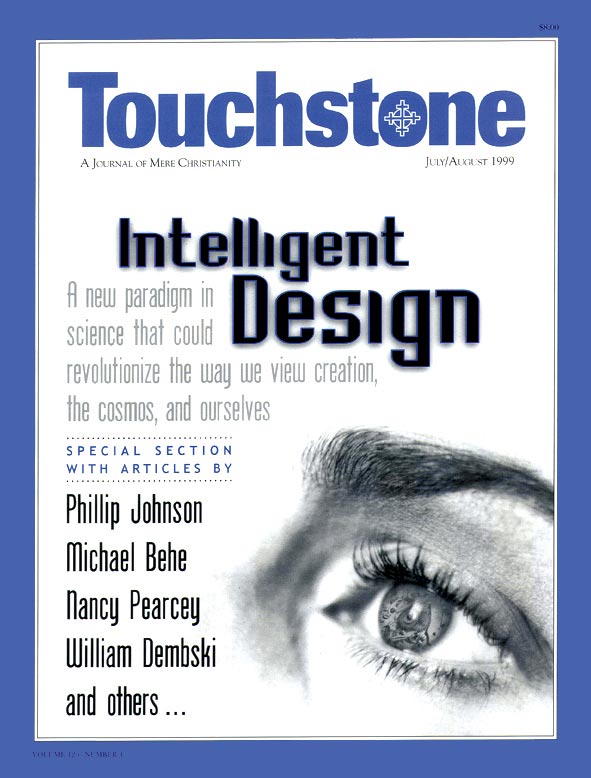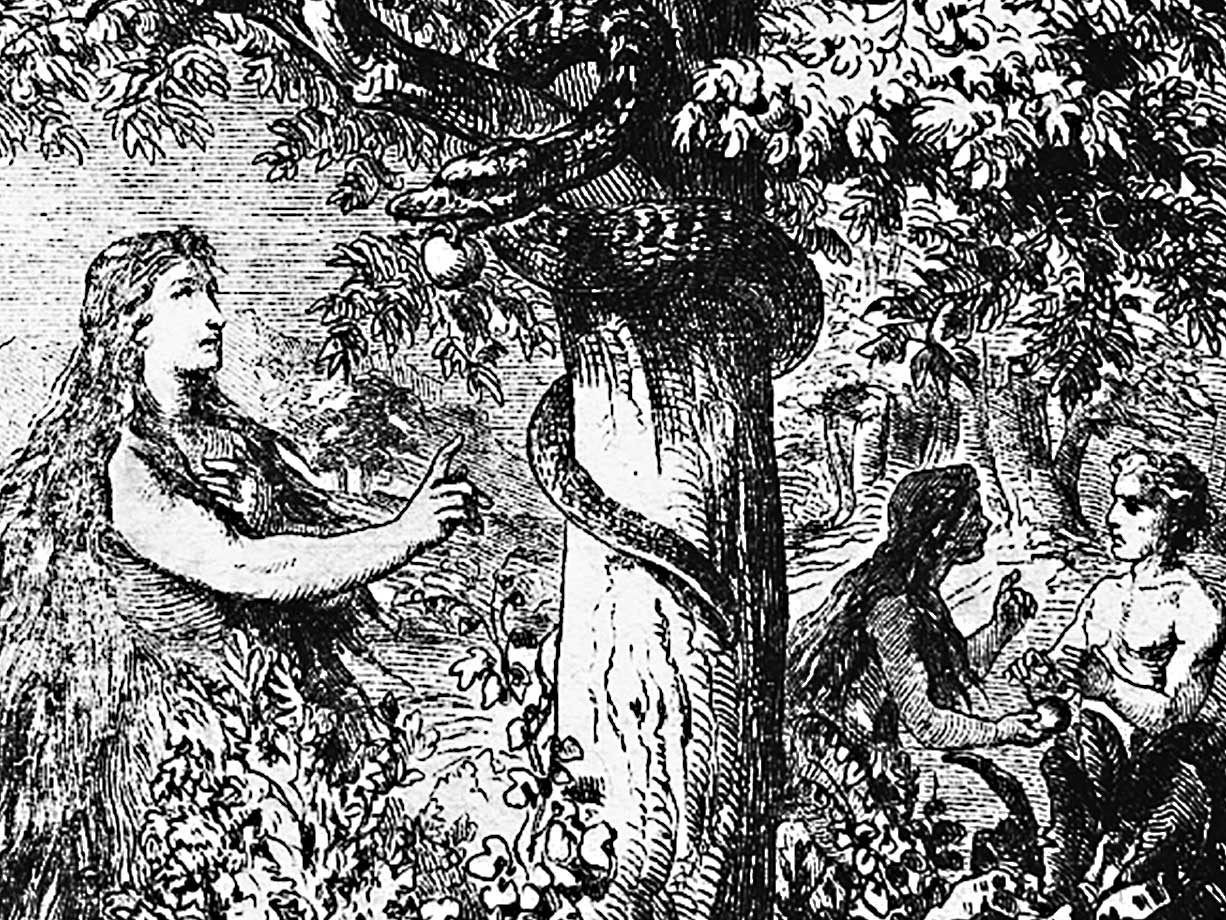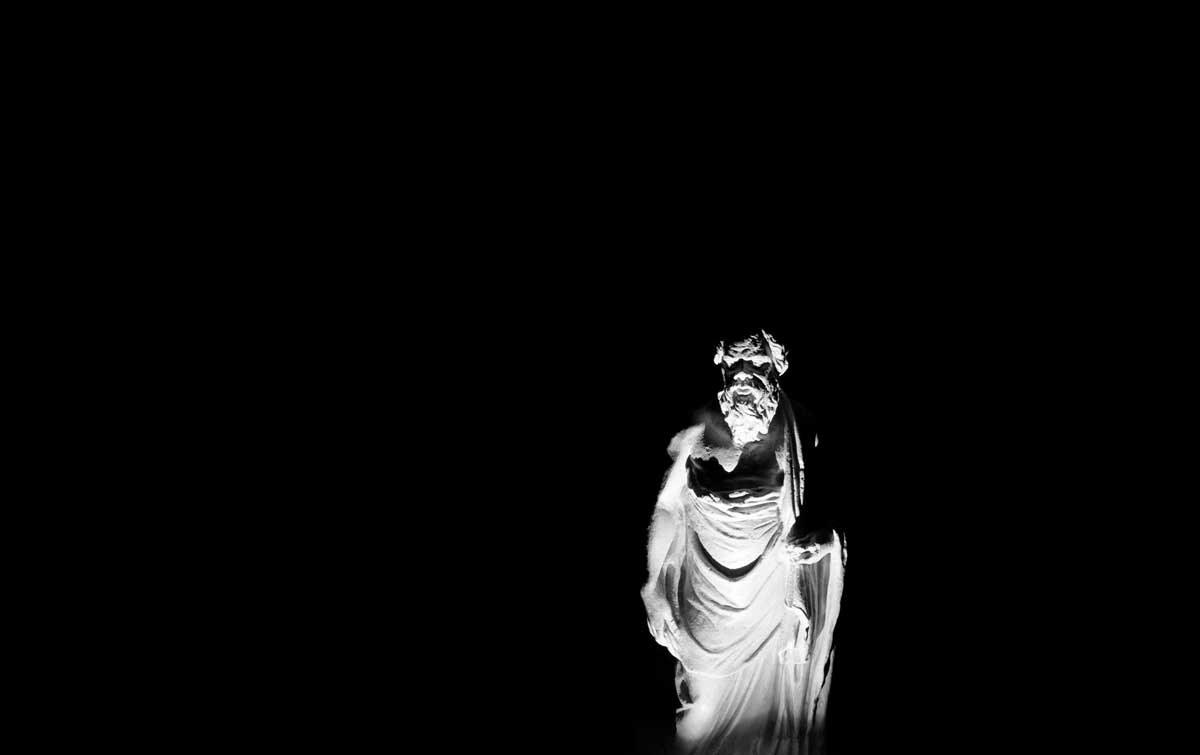The Christian as Scientist
As an associate editor and the only member of the editorial board who is a card-carrying member of the Society for Neuroscience, on occasion I have been jokingly introduced as the Touchstone “science editor.” Of course, being science editor of this journal is a task that generally requires no work. (Yes, I get a paycheck to match.)
I wish I could claim some responsibility for this issue, but I cannot. The feature articles, other than the one by Patrick Henry Reardon, have been organized by William Dembski, who, along with James M. Kushiner, made this special science issue possible (see “About This Issue” on page 2).
The feature articles in this issue are devoted to “intelligent design.” This idea is not new (although the issues facing it and the way it is expressed certainly are). At the beginning of this century G. K. Chesterton wrote against the “materialists,” who believed that everything began in matter and could be explained by scientific principles based on a chain of causation. Chesterton believed that if one compared Christianity with materialism, he would find that the latter was a far more limiting intellectual concept. In his work Orthodoxy he wrote:
In one sense, of course, all intelligent ideas are narrow. They cannot be broader than themselves. A Christian is only restricted in the same sense that an atheist is restricted. He cannot think Christianity false and continue to be a Christian; and the atheist cannot think atheism false and continue to be an atheist. But as it happens, there is a very special sense in which materialism has more restrictions than spiritualism. . . . The Christian is quite free to believe that there is a considerable amount of settled order and inevitable development in the universe. But the materialist is not allowed to admit into his spotless machine the slightest speck of spiritualism or miracle. . . . The Christian admits that the universe is manifold and even miscellaneous, just as a sane man knows that he is complex. The sane man knows that he has a touch of the beast, a touch of the devil, a touch of the saint, a touch of the citizen. Nay, the really sane man knows that he has a touch of the madman. But the materialist’s world is quite simple and solid, just as the madman is quite sure that he is sane. The materialist is sure that history has been simply and solely a chain of causation, just as [a lunatic] is quite sure that he is simply and solely a chicken. Materialists and madmen never have doubts.
In his own witty way, Chesterton makes a profound point. The guiding principle behind materialism is to find a simple, solid explanation for life. And, like most simple explanations of complex issues, the materialist’s theories are, well, simplistic.
Of course, simple ideas have their place. When I teach freshmen courses, I usually assign problems from a world where there are only two dimensions and pulleys have no friction and cables have no mass. Freshmen find this world less intimidating than the real world, and there we can often find answers that, while not true, are close enough to true to be useful.
But the usefulness of an answer depends on the question we are asking. If we wish to know what is True, this approach of simplification will never get us there. The problem of the materialists is that they only work within a limited number of dimensions yet assume that their limited answer is Truth itself.
Undergraduate students often ask me if it is difficult to be a Christian and a scientist. I usually respond that I find no conflict. I am a scientist by training and I do not have sufficient faith to be an atheist, so I see no other viable choice. To study the human nervous system, as I do, is to peer into the makeup of man who is made in God’s image—to look at something fearfully and wonderfully made. Such work can be overwhelming when viewed with the eyes of faith. But such eyes, I submit, are no less scientific than those of atheists. Just as our physical eyes see two different pictures and we are able to merge the images stereoscopically into something more marvelous than one single view, so too, those with the eyes of faith and science can often see things more clearly and magnificently than those with monocular vision.
This is why we need more Christian voices in fields like bioethics, genetics, and molecular biology. We have a responsibility to be a voice in these fields. In bioethics, Christians have been speaking out since they condemned abortion in the late first/early second-century document, The Didache. In genetics, the founding father was the nineteenth-century monk Mendel. The relatively new field of molecular biology has not had the same kind of Christian voice, and we all suffer for it.
In all of these fields, as well as in most of our culture in the past fifty years, Christians have not had a prominent place largely because they have been less than bold. But that is changing. The best way for Christians to engage in discussions with those who have opposing views is to meet them head-on with sound, clear reasoning. This has been the way the fathers of the Church dealt with those of opposing theological and philosophical positions, and scientific theories should be treated similarly. And that is the aim of the articles in this issue.
We hope that this evolution of Christian voices in the sciences continues and becomes a growing movement. We also hope that a hundred years from now (should the Lord tarry), historians will discuss scientific materialism as a vestigial appendage to the history of science.
—Thomas S. Buchanan
Thomas S. Buchanan is the George W. Laird Professor of Mechanical Engineering and Biomedical Engineering at the University of Delaware. He has studied at UCSD, Northwestern University, and MIT, and has held visiting professorships at the University of Western Australia and the University of Aix-Marseille. He has served as department chairman, deputy dean, and institute director, president of the American Society of Biomechanics, and editor-in-chief of the Journal of Applied Biomechanics. He is on the Board of Trustees of Saint Katherine College, the editorial board of Touchstone, and the board of The Fellowship of St. James.
bulk subscriptions
Order Touchstone subscriptions in bulk and save $10 per sub! Each subscription includes 6 issues of Touchstone plus full online access to touchstonemag.com—including archives, videos, and pdf downloads of recent issues for only $29.95 each! Great for churches or study groups.
Transactions will be processed on a secure server.
more from the online archives
calling all readers
Please Donate
"There are magazines worth reading but few worth saving . . . Touchstone is just such a magazine."
—Alice von Hildebrand
"Here we do not concede one square millimeter of territory to falsehood, folly, contemporary sentimentality, or fashion. We speak the truth, and let God be our judge. . . . Touchstone is the one committedly Christian conservative journal."
—Anthony Esolen, Touchstone senior editor











